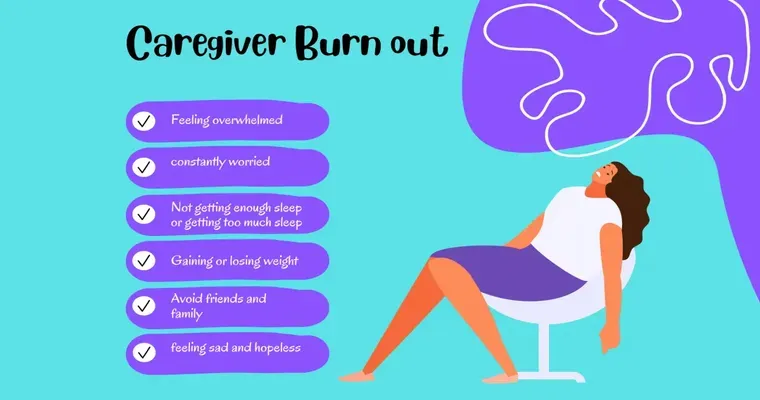Becoming a "new caregiver" for your mom can be an incredibly rewarding yet challenging experience. Many caregivers often feel overwhelmed and guilty, especially when they find themselves losing patience. It is essential to acknowledge these feelings and understand that you are not alone in this journey. Caregiving can be emotionally taxing, and it's crucial to find ways to manage your stress and maintain your well-being while providing the best support for your loved one.
As a "new caregiver", you might be facing a steep learning curve. Understanding your mom’s needs, managing her daily routines, and ensuring her comfort can quickly become overwhelming. The transition from being a daughter or son to a caregiver involves a shift in responsibilities that can lead to feelings of guilt when you struggle to meet those expectations. It is perfectly normal to experience these emotions, but it is essential to remember that you are doing your best under challenging circumstances.
Feeling guilty for losing patience is a common experience among caregivers. It's important to recognize that caregiving can be exhausting, and everyone has their limits. If you find yourself reacting impatiently, take a moment to breathe and remind yourself that caregiving is a learning process. Here are some strategies to help you cope with these feelings and improve your caregiving experience:
1. "Practice Self-Care": Prioritize your own well-being. Taking time for yourself can help replenish your energy and reduce feelings of overwhelm. Whether it’s a short walk, reading a book, or enjoying a hobby, make sure to carve out time for activities that bring you joy.
2. "Set Realistic Expectations": Understand that you cannot be a perfect caregiver. Establish realistic goals for yourself and your mom. Accept that some days will be easier than others, and that’s okay.
3. "Seek Support": Don’t hesitate to reach out for help. Whether it’s from family members, friends, or support groups, sharing your experiences with others can provide emotional relief and practical advice.
4. "Communicate Openly": Talk to your mom about how you are feeling. Open communication can help both of you understand each other’s needs and frustrations, fostering a supportive environment.
5. "Educate Yourself": Learning more about your mom’s condition can empower you as a caregiver. Knowledge can alleviate some of the uncertainty and help you manage her care more effectively.
6. "Take Breaks": Schedule regular breaks to recharge. Whether it’s a few minutes of quiet time or a longer respite with a trusted friend or family member, stepping away can provide you with the space you need to regain your patience.
7. "Reflect on Your Feelings": Journaling can be a helpful tool to process your emotions. Writing about your experiences can provide clarity and help you identify triggers that lead to feelings of overwhelm.
In conclusion, being a "new caregiver" for your mom comes with its unique set of challenges and emotions. Feeling overwhelmed and guilty for losing patience is a common response, but it is essential to recognize that you are not alone. By implementing self-care strategies, seeking support, and educating yourself, you can navigate this journey more effectively. Remember, taking care of yourself is just as important as taking care of your loved one. Embrace the learning process, and don’t be too hard on yourself as you adapt to this new role.





